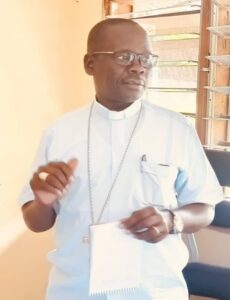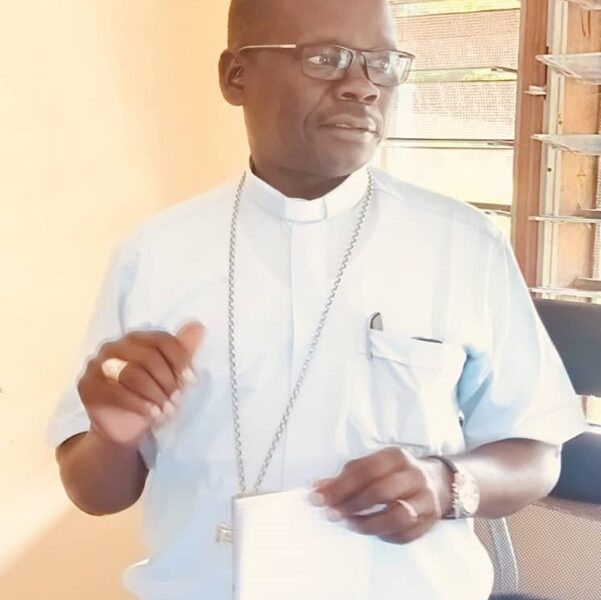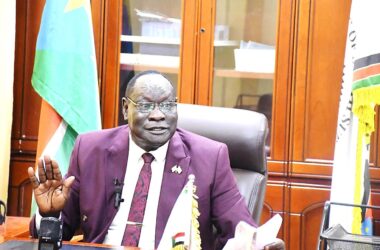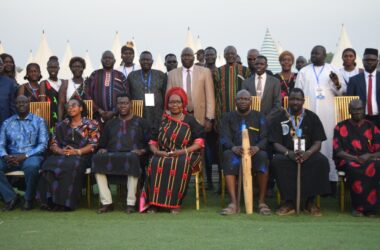
By James Innocent
The faith-based leader in Yei River County of Central Equatoria State has called for an end to violence across the country.
Bishop Alex Lodiong Sakor of the Diocese of Yei has urged South Sudan’s leaders to end ongoing conflicts.
Lodiong made a call during a two-day meeting organized by Reconcile International on an initiative to consolidate security and peace through local peace structures in Yei.
The participants include all the government authorities, local chiefs, and members of communities.
Bishop Lodiong called on political leaders to reflect on the country’s hard-won independence in 2011 and the milestones of the 2005 Comprehensive Peace Agreement.
“We, as religious leaders and citizens, are concerned about why conflict persists in South Sudan, particularly here in Yei, where it has caused tension among communities,” he said.
He expressed that war brings no benefit to the country and only deepens suffering among the citizens.
“Leaders should focus on dialogue and reconciliation instead of war and remember the achievements of past peace agreements.” He said.
The bishop appealed to government officials, political parties, civil society, citizens, and faith leaders to unite and place their trust in God to achieve lasting peace.
Yei River County Commissioner Emmanuel Taban Seme echoed the bishop’s call, urging residents to promote peace through dialogue.
“People are tired of war since 2016,” Taban said. “We must build hope and trust among ourselves rather than turn against one another.” He said.
Local elder Diko Alakai voiced similar concerns, warning that insecurity, tribalism, abductions, and killings have taken a toll on communities.
“I urge religious leaders to bring communities together for dialogue and present these challenges directly to President Salva Kiir,” he said.
James Wani Banza, Director of Peacebuilding in Yei River County, called on the government to provide financial support to religious leaders engaged in peace initiatives.
“Funds should be used to facilitate dialogue with political parties instead of fueling conflict,” Banza said.



